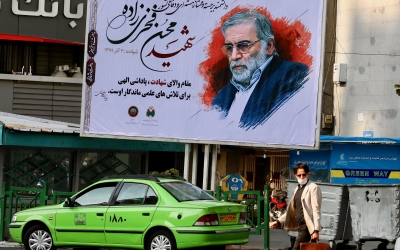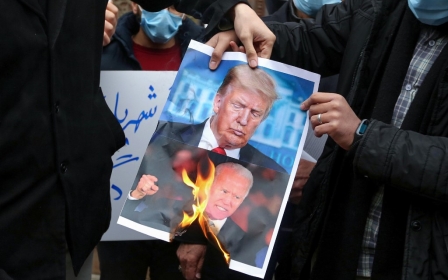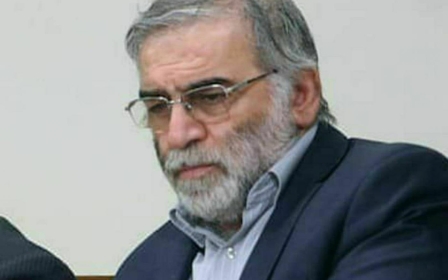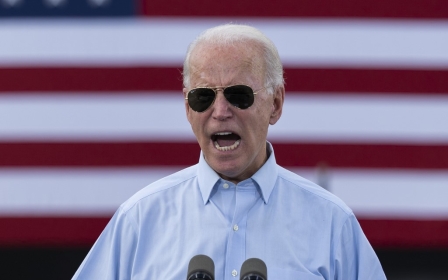Iran arrests several people accused of assisting in nuclear scientist's assassination
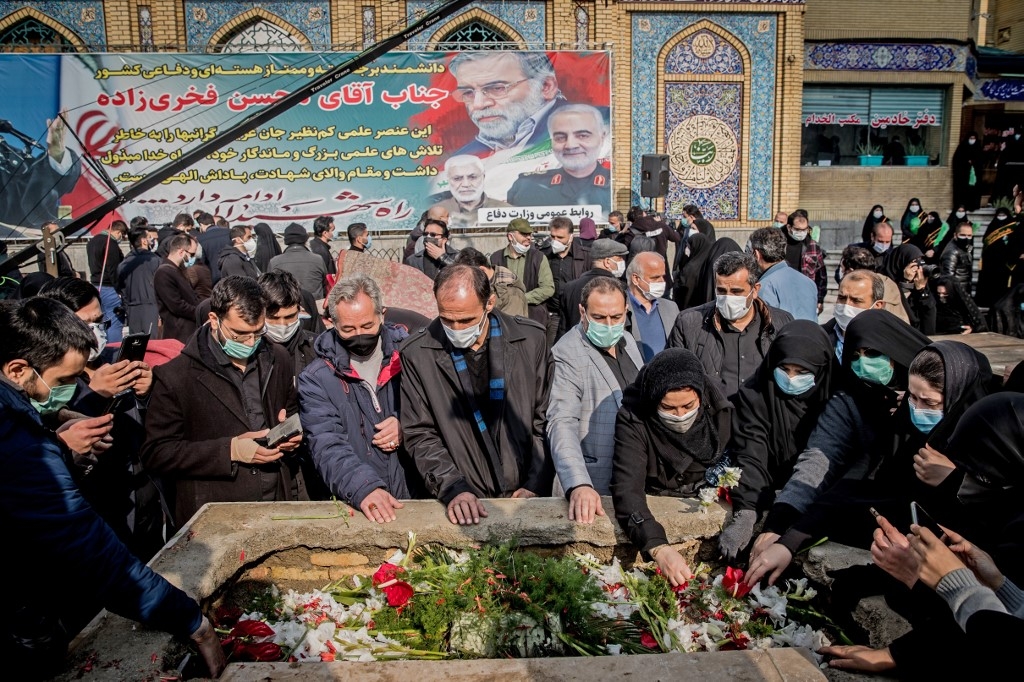
Iranian authorities have arrested several people suspected of being involved in the recent assassination of Iran's top nuclear scientist, an adviser to the Iranian parliament speaker has said.
Hossein Amir-Abdollahian on Tuesday said an unidentified number of suspects had been taken into custody over the killing of Mohsen Fakhrizadeh, who was gunned down outside of Tehran late last month.
"The perpetrators of this assassination, some of whom have been identified and even arrested by the security services, will not escape justice," Amir-Abdollahian told Iran's Arabic-language Al Alam TV, according to the semi-official news agency ISNA.
On Sunday, the deputy commander of the Revolutionary Guard, Rear Admiral Ali Fadavi, told local media that a satellite-controlled machine gun with "artificial intelligence" was used in Fakhrizadeh's assassination.
Fakhrizadeh was driving on a highway outside Iran's capital Tehran with a security detail of 11 guards on 27 November when the machine gun "zoomed in" on his face and fired 13 rounds, Fadavi said at the time.
Various accounts of the scientist's death have emerged since the attack, with the defence ministry initially saying he was caught in a firefight with his bodyguards, while the Fars news agency claimed "a remote-controlled automatic machine gun" killed him, without citing any sources.
Israel involvement and US pressure
In the days following the attack, Iranian authorities blamed arch-foe Israel and the exiled opposition group the People's Mujahedeen of Iran (MEK) for the assassination. State-run Press TV had also said "made in Israel" weapons were found at the scene.
After identifying and arresting several suspects, Iran still alleges Israeli involvement.
"Were the Zionists (Israel) able to do this alone and without the cooperation of, for example, the American (intelligence) service or another service? They certainly could not do that," Amir-Abdollahian said.
Although Israel has not commented on Fakhrizadeh's killing, a senior official in the Trump administration told US media that the Mossad, Israel's external intelligence agency, was behind the operation. The US has denied involvement.
Iran has vowed to avenge the killing of Fakhrizadeh, but Iranian President Hassan Rouhani has emphasised that Iran will seek its revenge in "due time" and will not be rushed into a "trap".
Last week, the US slapped more sanctions on Iran, this time against its alleged chemical weapons programme as opposed to its nuclear programme, which Washington had been focusing on for years during the Trump administration's "maximum pressure" campaign.
Shortly after the announcement of the new designations on Thursday, Special Envoy for Iran Elliot Abrams said that Tehran is not likely to retaliate over Fakhrizadeh's assassination because it "desperately" needs sanctions to be lifted.
"If they want sanctions relief, they know that they're going to need to enter some kind of negotiation after January 20, and it's got to be in their minds that they don't want to... undertake any activities between now and Jan 20 that make sanctions relief harder to get," he said, as quoted by Reuters.
Middle East Eye propose une couverture et une analyse indépendantes et incomparables du Moyen-Orient, de l’Afrique du Nord et d’autres régions du monde. Pour en savoir plus sur la reprise de ce contenu et les frais qui s’appliquent, veuillez remplir ce formulaire [en anglais]. Pour en savoir plus sur MEE, cliquez ici [en anglais].


